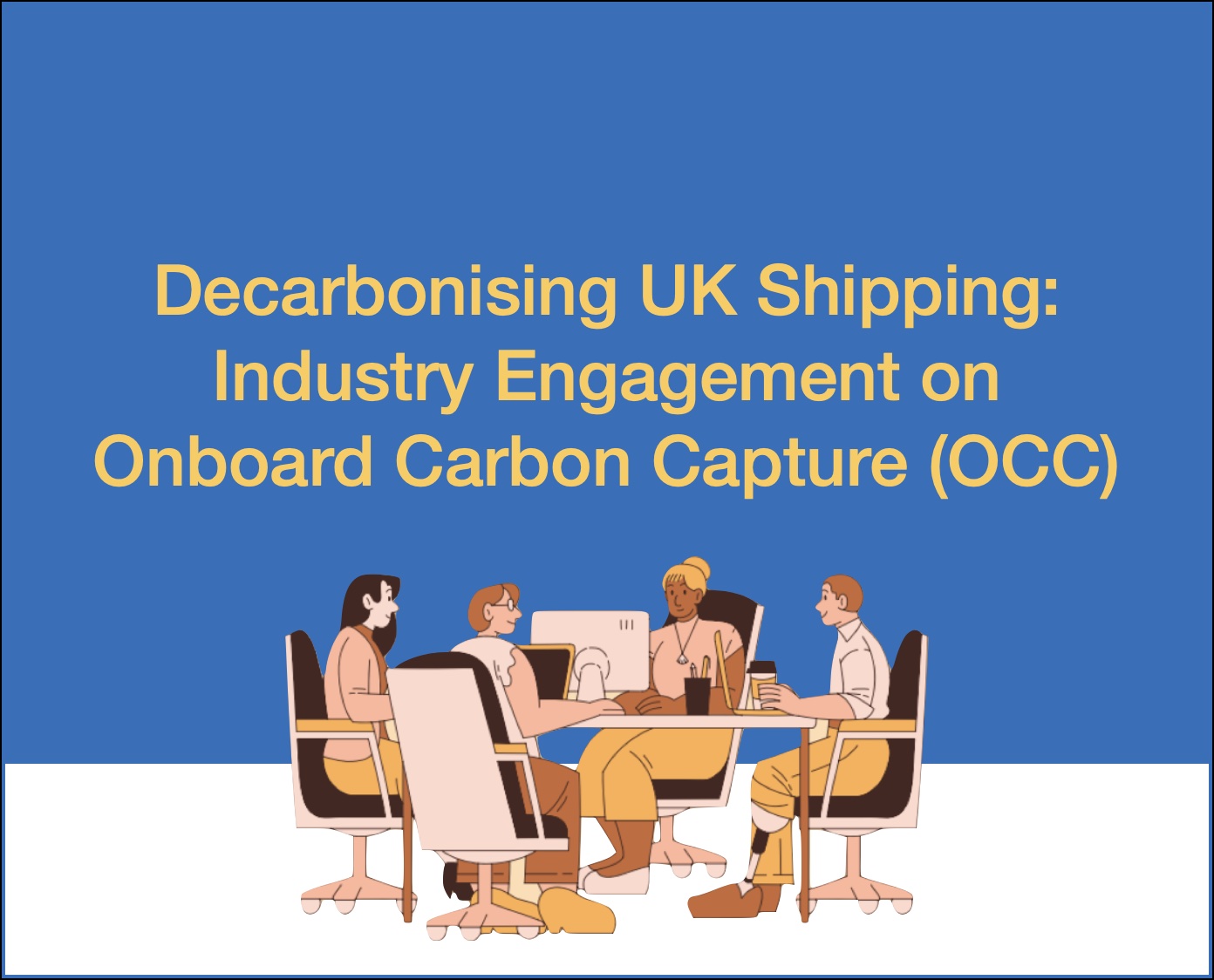
The UK shipping industry is under increasing pressure to meet greenhouse gas reduction goals, as set out in the Maritime decarbonisation strategy. One promising solution is Onboard Carbon Capture (OCC), where CO₂ emissions from ships are captured and stored onboard , and later offloaded for either permanent storage and/or utilisation.
While several studies and projects have shown that OCC is technically feasible, they have also pointed out challenges pertaining to cost, infrastructure needs, and regulatory requirements. To overcome these challenges, it is essential to foster collaboration among all relevant maritime stakeholders.
This hybrid workshop provided a platform for exploring the feasibility of OCC, addressing challenges, and identifying opportunities for collaboration that could lead to future projects. The event leveraged existing research, including insights from the Green Marine and EverLoNG projects, as well as other pilot studies on OCC, to build a comprehensive understanding of the technology’s potential.
Themes
- OCC from a Ship Operator's Perspective
- Technical & Operational Lessons from OCC Deployment
- Port and Vessel Readiness – Safety and Regulatory Dimensions of OCC
- Research Update – Green Marine Project
- Technology Integration in Pilot Projects
- Scaling up technologies
- Building the OCC Ecosystem
Confirmed speakers
Iraklis Lazakis, Professor (University of Strathclyde)
Dr Juliana Monteiro, Senior Scientist (TNO)
Mark Hughes, Chief Operating Officer (NECCUS)
Sigurd Jenssen, Director of Exhaust Treatment (Wartsila)
George Mallouppas, Senior Associate Scientist (Cyprus Marine and Maritime Institute)
Dr Francisco R. García-García, Senior Lecturer in Chemical Engineering (School of Engineering at the University of Edinburgh)
Richard Lindsay Stevenson, Project & Research Analyst (SCCS)
Yaseen Adnan Ahmed, Research Associate (University of Strathclyde)


